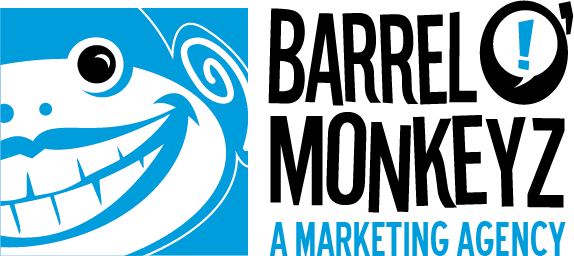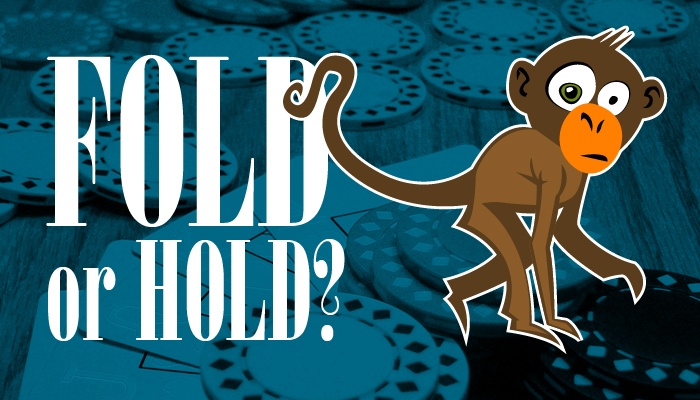Our lives are ruled by expectations. This is not good or bad – it’s simply stating a fact based on the “World According to Paul.”
Men and women are expected to fulfill specific roles. Kids are expected to exhibit certain behavior, etc . In the business world, leaders are expected to lead, the innovators are expected to innovate, and the worker bees to work.
Generally speaking, relationships are packed with expectations too – whether we’re talking about personal relationships or business relationships with your team, your clients, or both.
In most situations, setting expectations at the beginning of any relationship—especially in the business world—can save both parties disappointment and/or misunderstanding later on. I’m not recommending you have “it all figured out and spelled out” on day one, but covering the basics of who’s responsible for what, when, how, and how much is important.
How do you handle the expectations you apply to others? How do you handle the expectations others apply to you?
A little over three years ago, my blog Know When to Hold ‘Em, Know When to Fold ‘Em, covered much of this topic from the perspective of client relationships and expectations—so rather than re-create the wheel, here’s that blog again. I hope it meets your expectations! Enjoy.
Know When to Hold ‘Em, Know When to Fold ‘Em
(Originally posted April 24, 2012)
We’ve all had those projects/business ventures that just don’t feel “right” from the start. They seem to make sense at conception—they may even get us jazzed—but once they get underway, the momentum just sort of fizzles. For every step forward, you seem to take two steps back; for every one hour billed, you seem to be spending two.
Luckily, for the team at Barrel O’Monkeyz and myself, these situations are few and far between, but when they do occur, I can’t help but wonder “Why?” and “What lessons can I learn?”
A while back, I cut ties with a client. Yup, that’s right. I looked the most fundamental business rule right in the eye and tossed it aside. Sometimes, the client is not always right—or in this case, we weren’t right for each other. While I view this client as a great human being, with persistent requests for discounted/unbilled hours, clearly our expectations of the work that needed to be done and the value of that work were not aligned. So I had to ask myself, “Why maintain the status quo when it’s causing so much stress for both parties?
Kenny Rogers sang in his country-pop hit, The Gambler, “You got to know when to hold ’em, know when to fold ’em, know when to walk away and know when to run.” When one of your projects/ventures just can’t seem to get off the ground, will you know when it’s time to “walk away” and cut your losses?
Look for some of the warning signs:
- Are you spending an inordinate amount of time worrying over a particular project/venture?
- Are you expending far too much energy simply trying to make some (or any) progress?
- Do you find yourself constantly having to cajole clients, vendors, and partners just to keep things moving forward?
- Do you constantly have to remind a client/others of the value of your services?
- For every “ah-a” moment are there an equal or greater number of “ugh” moments?
- Do you feel like a fish continually swimming upstream?
If so, chances are you’ve got a “stinker” on your hands—a project or venture that’s doomed to go nowhere. Disappointing? For sure. Financially painful? Likely. A waste of time? Only if you let it be. You can learn something from every experience, good or bad.
I am a big believer that often even the most stubborn of projects can be saved. They can be re-imagined, re-purposed, re-booted. Sometimes a change in strategy and approach is all that’s needed to create just the kind momentum to get all the pieces to fall in to place. Sometimes it’s as simple as recalibrating expectations.
But for those few times when a project or venture can’t be saved, for whatever reason, those who know me, know that I embrace the idea of failing fast: learning from mistakes by exposing fatal flaws in designs, concepts, ideas, etc.
So here’s what I’ve learned over the years: most times when a project or venture “flops” it’s due to unmet expectations—expectations the client has of you (deliverables, rates, timelines, added value), and/or expectations you have of the client (focus, responsiveness, dedication to a particular concept or outcome).
Clearly, when expectations are out of alignment in any relationship, one or both parties eventually feel the pain.
With all Barrel O’Monkeyz engagements, we focus early on establishing “expectations” on both sides of the client/vendor relationship: the strategy, the anticipated costs, the deliverables, what the client brings to the table, etc. If our clients expect a shiny, new banana, we want them to be able to count on us to get that shiny, new banana!
How have you “failed fast”? What lessons learned have you taken away from something you’ve failed at, lessons all of us monkeys might benefit from? Feel free to share.

